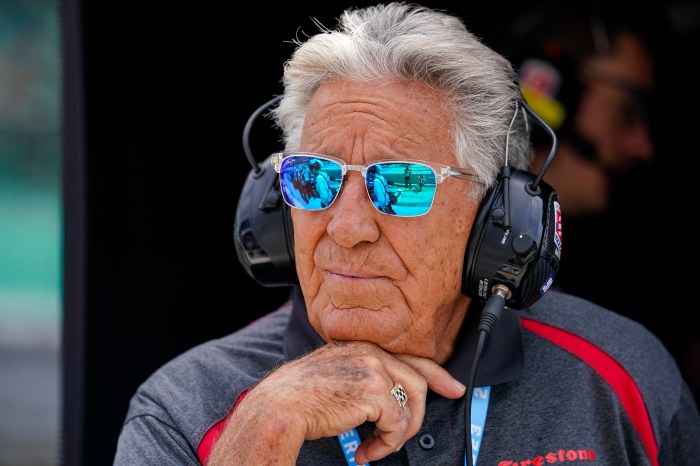By Ellen Wulfhorst
UNITED NATIONS (Thomson Reuters Foundation) – Nations grappling with conflict and discord may be too absorbed by their own troubles to tackle goals set out by the United Nations to fight poverty, inequality and other global woes, a top U.N. official said on Wednesday. For those nations, the U.N.’s ambitious set of global objectives will have to serve as a beacon to follow when they are able, said Assistant U.N. Secretary-General Thomas Gass after a U.N. forum to assess the goals’ progress. The 193 U.N. member nations last September adopted 17 global goals addressing issues from education to the environment to be implemented over the next 15 years.
Representatives of 22 of those nations met in recent days to report on their progress on the goals, which U.N. Secretary-General Ban Ki-moon at the time of their adoption described as a “to-do” list. Gass, who was heavily involved in creation of the goals, compared them to a beacon for nations to see and adjust their course to follow.
“There are countries right now that are going through storms where frankly they don’t want to think about what’s 15 years down the line,” Gass told the Thomson Reuters Foundation. “They want to see how they are going to solve their problems of today and tomorrow. “So as a global community, we need to make sure that when they’ve gone through this hard weather, they check where the beacon is and adapt,” he said.
A list published last week showed most of the world’s richest countries failed to earn top marks on their progress reaching the goals, with only Germany and Britain in the top 10.
Sweden, Denmark, Norway, Finland and Switzerland topped the ranking by the U.N. Sustainable Development Solutions Network and Bertelsmann Stiftung, a German foundation.
At the bottom were Central African Republic and Liberia. Russia ranked 47th, Brazil 52nd, Venezuela 62nd and India was 110th, it said.
Public awareness remains a challenge, said Sarah Mendelson, U.S. representative to the U.N. Economic and Social Council (ECOSOC), who worked on what she called a “hard-fought victory” to include the issue of human trafficking in the global goals. “We now face another uphill battle, educating the public about the sustainable development goals,” she told a forum on supply chains and forced labor on Tuesday.
Mendelson and officials from about a dozen other countries met to launch what they have entitled the Dignity Partnership to end human trafficking.
They said they would like more businesses and governments to collaborate and to see companies disclose their efforts to keep slave labor out of their supply chains.
(Reporting by Ellen Wulfhorst, Editing by Belinda Goldsmith; Please credit the Thomson Reuters Foundation, the charitable arm of Thomson Reuters, that covers humanitarian news, women’s rights, trafficking, proprty rights and climate change. Visit http://news.trust.org)

















